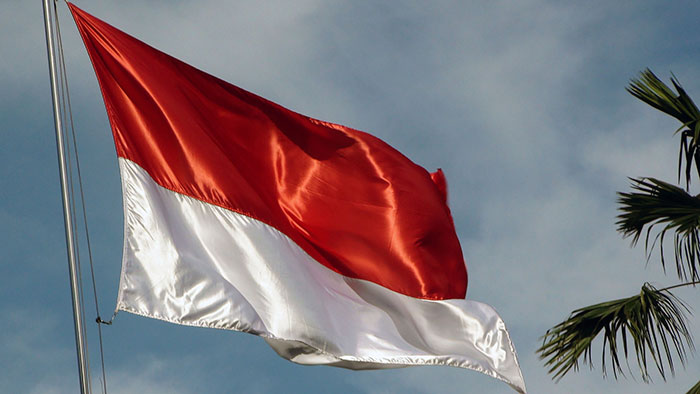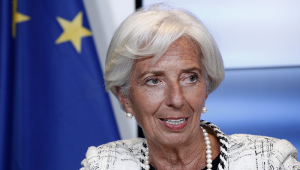Companies with a “significant economic presence” selling products and services including media streaming will be affected by the regulation, which comes into effect on 1 July.
“Under this regulation, digital products such as streaming music subscriptions, streaming films, digital applications, and games, as well as online services from abroad will be treated on a level playing field with other local products that have been subject to VAT,” the finance ministry's directorate general of taxes said.
Indonesia has a 10% VAT on sales of most products and services, and finance minister Sri Mulyani Indrawati said she hopes the digital services tax will capture the shift in consumption during and after lockdown measures, as well as bringing digital businesses in line with most other sectors.
Officials are yet to decide on the threshold that determines which companies will face the tax.
Many other countries have been mulling their own digital services taxes in the past two years, but most are now waiting for an ongoing process led by the OECD to conclude.
The multilateral process is hoped to stop a complicated patchwork of different levels of tax in each country from developing, with OECD Centre for Tax Policy and Administration director Pascal Saint-Amans saying earlier this month that consensus is made even more necessary amid the economic upheaval brought by Covid-19.














